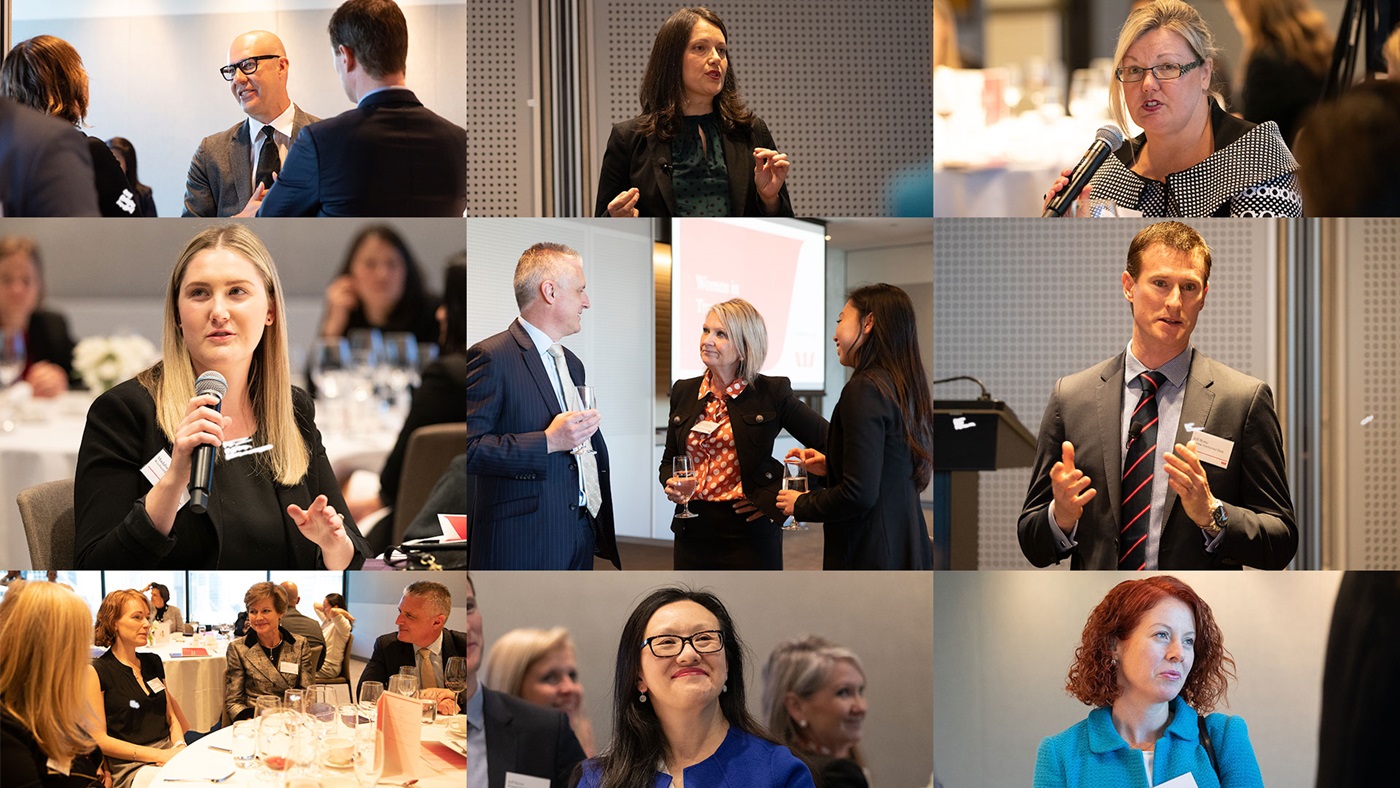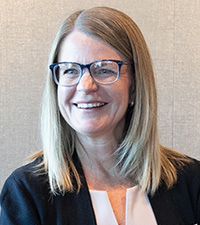

The Women in Treasury initiative reached Australia on 20th August, with an inaugural lunch hosted by Treasury Today and Westpac. Attendees were treated to a wealth of thought-provoking discussion, from an expert overview of current economic headwinds to frank conversations about inclusion and diversity, flexible working, mentoring and quotas.

On 20th August, Treasury Today’s Women in Treasury programme came to Australia for the first time with an inaugural Women in Treasury lunch in partnership with Westpac. The lunch was held at Tower 2 in Sydney’s waterfront Barangaroo destination, where corporate finance professionals gathered to discuss the pressing issues affecting women finance professionals in 2019.
Introducing the event, Jeff Byrne, Westpac’s Head of Specialised Sales, Global Transaction Services, emphasised the importance of this topic not only for women, but also for men in the industry. He pointed out that while progress is being made – Westpac, for example, is approaching a 50:50 split for men and women in leadership roles – one in five of Australia’s largest corporations won’t achieve gender parity in the next five years.

Focusing on Westpac’s achievements in this area, Jeff related the progress made so far as a result of the bank’s Equilibrium programme, which focuses on recruiting women from a range of industries. “In any role we want to replace, the panel of people interviewing, and the pool of interviewees, must both be 50:50 women,” he added. “These policies have built in a sustained culture of inclusion and diversity.”
Next up was Besa Deda, Chief Economist of St. George Banking Group and one of very few female chief economists in Australia. She took attendees on what she described as a “whirlwind tour of what’s going on in financial markets and the economy”, noting that the IMF has already cut its world growth forecast three times this year. That said, Besa pointed out that the current forecast is based on assumptions that trade tensions will dissipate – adding that she is more pessimistic on this point. Besa also discussed developments in the US and the recent reduction in the Fed funds target rate, adding that while this had been presented as a mid-policy adjustment, markets were currently pricing in more aggressive easing.

Turning to the Australian economy, she told attendees that the Reserve Bank of Australia’s rate cuts in June and July were expected to be followed with further rate cuts in the coming months. She also said that “the conversation has moved to unconventional policies”, which could take the form of a package of policies such as buying government or corporate bonds, or term funding, whereby banks can access cheaper funding from the RBA and thereby provide lower borrowing rates.
Moving the spotlight to the topic of diversity and inclusion, Sophie Jackson, Treasury Today Group’s Joint Publisher & Head of Strategic Content, presented the findings of the 2018 Women in Treasury Global Study in an interactive session. Attendees were invited to discuss gender diversity and what is meant by ‘diversity and inclusion’. Many noted the importance of accommodating people of different backgrounds, experiences, ages and beliefs.
Sophie also sought attendees’ views on mentoring, noting that the 2018 study had found that 79% of respondents identified mentoring, sponsorship and coaching as being key to a successful career. Participants shared their own experiences of mentoring arrangements and explained how these had enabled them to tap into unbiased opinions and different perspectives. One common thread was an emphasis on the value of informal arrangements that can evolve organically, as opposed to formal arrangements that may sometimes have a limited shelf life.

The discussion turned to flexible working arrangements and parental leave. One of the participants spoke of the perceived stigma attached to leaving work early, even when an arrangement has been agreed. In contrast, another related her experience of proactively finding a retired male professional to join her in a job share arrangement, and how she successfully proposed the scheme to management.
Sophie commented that female representation and parity continue to present significant challenges, with 39% of participants in the survey believing that they are not paid the same as their equivalent male counterparts. This prompted a discussion about the use of quotas, which have seen growing support in recent years – an observation that was reinforced by one participant who had changed her mind about the need for quotas after seeing that other approaches hadn’t delivered the necessary traction.
Summarising the afternoon’s discussion, Jeff observed that the lunch had given rise to some interesting conversations about topics such as inclusion and diversity, flexibility, mentoring and wellbeing. “All in all, a really good session and a great community being built here,” he concluded.